Belt and Road
Your Present Location: PROGRAMS> Belt and Road-

Jean-Guy Carrier: China-Italy agreement opens new path for Europe
The visit by President Xi Jinping to Italy, Monaco and France will be a turning point in relations between China and the European Union (EU) because it will highlight a different approach to financing Belt and Road Initiative (BRI) more in line with EU rules and expectations.
2019-03-25 -

Wang Peng: China's BRI not a 'debt trap' but a shared 'economic pie'
The Belt and Road Initiative (BRI) has become the world's largest platform for international cooperation and one of the most well received programs promoting global public good since it was proposed in 2013. As many as 123 countries and 29 international organizations have signed BRI cooperation agreements with China, showing their support and confidence in the program.
2019-03-25 -

Cooperation or competition – a look at the future of China-EU ties
On Monday, Chinese Foreign Minister Wang Yi attended the ninth China-European Union High-Level Strategic Dialogue. The foreign minister later said that there will be more cooperation, stability, and connectivity in the world as China strengthens its ties with the European Union.
2019-03-22 -
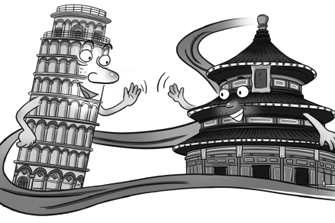
BRI a new source of growth for EU
President Xi Jinping is paying a visit to Italy, Monaco and France from March 21 to 26. During his visit to Italy, Beijing and Rome are likely to sign a memorandum of cooperation under the Belt and Road Initiative despite the efforts of the United States to prevent Italy from joining the BRI. What has prompted Italy to join the initiative? And will other major European countries follow Italy's example to join the initiative? Five experts share their views on the issue with China Daily's Liu Jianna.
2019-03-22 -

President Xi’s visit to explore space for co-building B&R Initiative
Chinese President Xi Jinping's upcoming visit to Europe from Thursday to Tuesday will inject new impetus to the China-Europe relationship, explore new space for the co-building of the Belt and Road Initiative (BRI), and make a new contribution to world peace and development, said a senior official of the Chinese Foreign Ministry on Wednesday.
2019-03-21 -
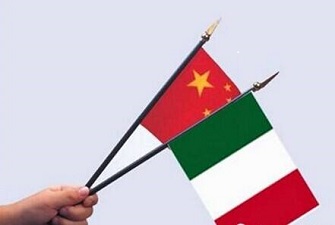
Ding Gang: Chinese investment can uplift Italian ports
The former residence of Marco Polo in Venice has been a must-see for Chinese tourists. This Venetian, who was born on September 15, 1254, is the most familiar Italian name to Chinese. He came to China with his father and uncle via the Silk Road in 1271. The Travels of Marco Polo has had profound influence.
2019-03-21 -

Italy’s plan to join BRI aims to build multiple gateways between Asia and Europe
Italy is set to sign a memorandum of understanding with China on cooperation within the framework of the China-proposed Belt and Road Initiative (BRI). The move will have profound impact and be of great significance to both countries.
2019-03-20 -

Wang Yiwei: Responding to misgivings about the Belt and Road Initiative
The Belt and Road Initiative (BRI) stands for the Silk Road Economic Belt and the 21st-Century Maritime Silk Road.
2019-03-18 -
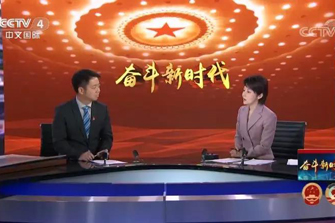
Rare ancient maps showcase BRI, unfolding a new and profound world
On the sideline of two sessions of this year, the column “News of China” which is subordinate to CCTV, provides a special report of two sessions about ushering in a new era. At the request of its invitation, Wang Wen, the executive director of the Chongyang Institute of Finance at Renmin University of China, responds to questions and risks concerning the BRI along with the host, Zhou Yingfeng on March 9.
2019-03-15 -
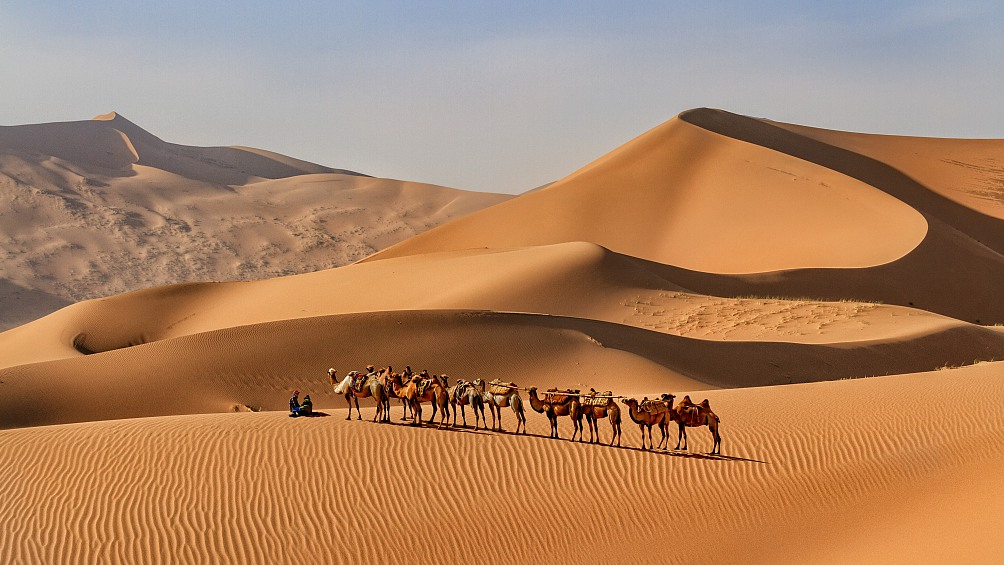
Wang Yiwei: Why is the Belt and Road Initiative misunderstood?
"The Belt and Road Initiative (BRI) is aimed at achieving true common prosperity instead of the mere satisfaction of self-interests," Chinese President Xi Jinping once said. The BRI is indeed the most important public good offered by China to the international community, demonstrating the Chinese wisdom and putting forward a Chinese approach to navigate globalization and global governance.
2019-03-14 -
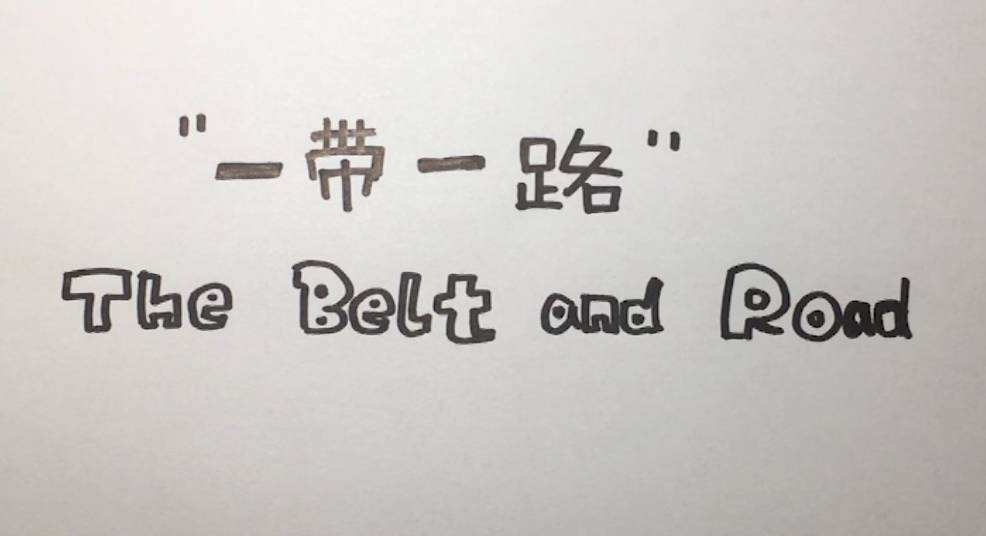
The BRI is an "economic pie" instead of "debt trap"
At his annual briefing on China's foreign policy and its relations with the rest of the world, Wang also announced that the second Belt and Road Forum for International Cooperation will be held in Beijing in late April, with Xi set to deliver a keynote speech at its opening ceremony.
2019-03-11 -

Wang Yiwei: The trap of BRI debt trap
"Give a man a fish and he eats for one day. Teach a man how to fish and he can eat forever." It's a common saying and underpins much of the Western foreign aid budget.
2019-03-11 -

Wang Peng: BRI not meant to counter US Indo-Pacific strategy
Since its inception, the "Belt and Road" initiative (BRI) has been gaining partners around the world. The international community's attitude toward the BRI has gradually changed from initial incomprehension, suspicion and fear to one of understanding, acceptance, and participation.
2019-02-26 -
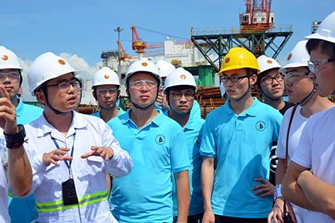
Multi-skilled talent in demand on BRI
China's surging number of Belt and Road Initiative projects in overseas markets have spurred big demand for multi-disciplinary specialists, experts said.
2019-01-14 -
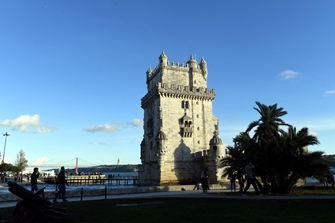
Portugal joins the B&R circle of friends: Example for European countries
Portugal has been the first Western European country to join the circle of friends for the Belt and Road Initiative, setting a good example for other European countries.
2018-12-26 -
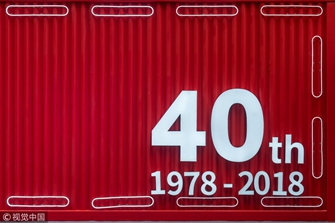
BRI, a child of reform and opening-up
When the reform and opening-up was in its infancy in the late 1970s and the early 1980s, China exported a large number of workers to countries where infrastructure was needed. Then things became much more complicated – construction companies gained more engineering expertise and, meanwhile, the Chinese economy became zippier. China has gradually become a lender for infrastructure projects outside of China, hence giving birth to a new model of cooperation.
2018-12-17 -
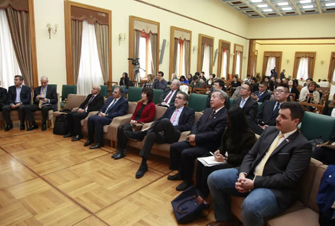
George Atsalakis: Silk Road rises again to reignite past glory
From East to West the Silk Road is rising up once more. It traverses countries between China and the Mediterranean. These lands have always been of pivotal importance in global history in one way or another linking East and West, serving as a melting pot where ideas, customs and languages have jostled with each other from antiquity to modern day.
2018-12-14 -
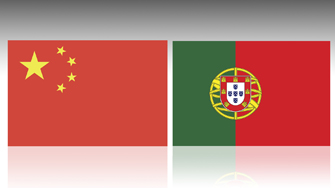
New Age of Sail for Portugal: BRI and Sino-Portuguese cooperation
The 40th anniversary of the establishment of China-Portugal diplomatic relations next year will be an important moment for further and broader cooperation between the two countries.
2018-12-05 -
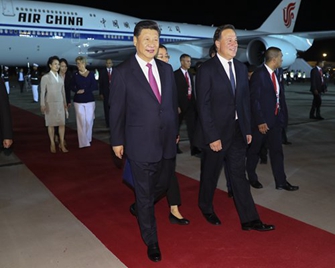
BRI projects to highlight ties after Xi visits Panama
Chinese President Xi Jinping arrived in Panama City on Sunday local time for a state visit, becoming the first Chinese president to ever pay an official visit to Panama.
2018-12-04 -

Yang Shu: Why five years is only a start for BRI
"I will not have a lengthy report on what we have achieved as I believe you have heard enough. Instead, I would like to bring to light some of the problems we are currently facing" - Yang Shu, director of the Institute for Central Asian Studies at China's Lanzhou University, started his public lecture on China's Belt and Road Initiative (BRI) in a surprisingly candid way at the Chongyang Financial Institute, Renmin University in Beijing on November 20.
2018-11-27
























































































 京公网安备 11010802037854号
京公网安备 11010802037854号





